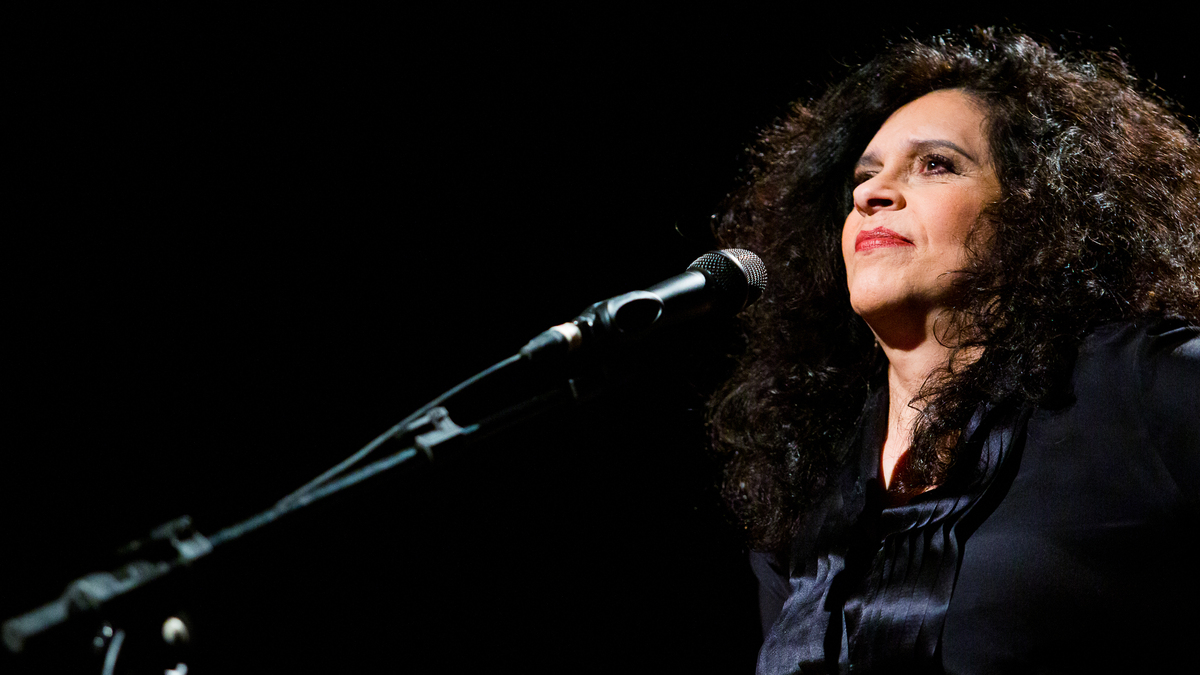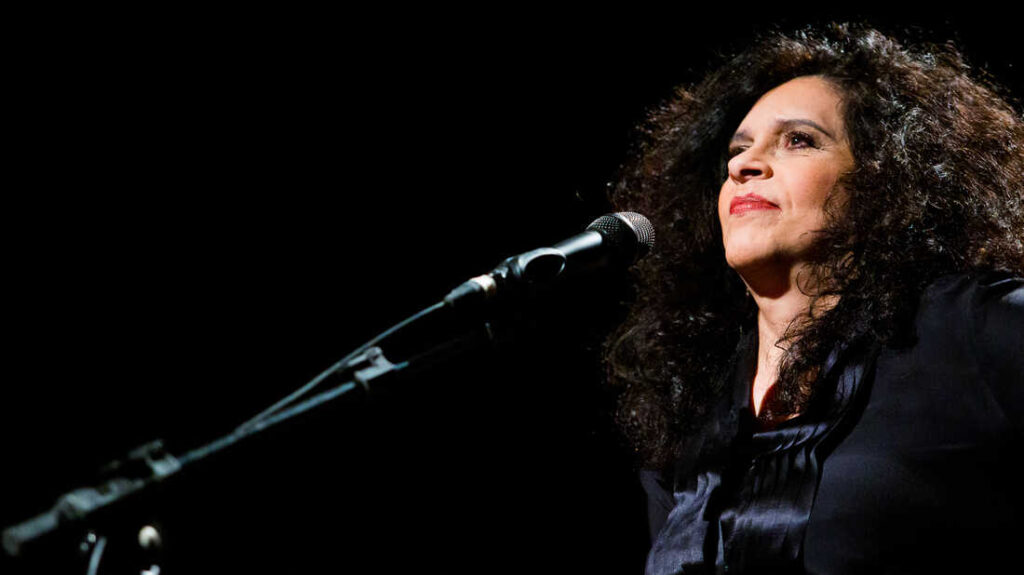Gal Costa performs in São Paulo, Brazil in 2013.
Mauricio Santana/Getty Images
hide caption
toggle caption
Mauricio Santana/Getty Images

Gal Costa performs in São Paulo, Brazil in 2013.
Mauricio Santana/Getty Images
Gal Costa, the Brazilian singer and key figure in the Tropicália movement of the late 1960s, died Wednesday. Costa’s official social media channels shared the news; no cause of death was given. She was 77.
Maria da Graça Costa Penna Burgos, who went by Gal Costa, was born Sept. 26, 1945 in Bahia, the northeastern Brazilian state that was also home to influential Brazilian musicians Gilberto Gil, Caetano Veloso, Maria Bethânia and Tom Zé. As they moved to São Paulo, together this adventurous group of musicians fused traditional rhythms with the surging (and insurgent) sounds of psychedelic rock in the 1960s.
Costa and Veloso’s 1967 debut Domingo was steeped in bossa nova, which was then riding critical and commercial success in and outside of her country — there’s an airiness to her voice that reflects the soft affectation of the era. But by 1968, she was a featured singer on the collaborative compilation Tropicália: ou Panis et Circencis, not only an introduction to these artists but a manifesto that challenged prevailing structures of popular culture and politics. Costa’s sweet coo remains on “Baby,” a sweeping song that would become her calling card, but in those lush string arrangements her voice also became a sharp instrument capable of cutting through the beauty.
YouTube
Costa was self taught, with ”no professional training at all,” she told the New York Times in 1985. ”I didn’t study music, and I don’t read music; I sing by feeling.”
While she never abandoned her roots in bossa nova, her self-actualization as a singer became crucial to a series of albums released in quick succession: Veloso’s self-titled LP from 1968, on which Costa guests; 1969’s Gal; and then Costa’s self-titled album in 1969. It’s the last of these three records, in particular, where Costa made a madcap constellation of Brazilian pop music, psychedelic rock and the avant-garde, her voice not so much the glue but the liquid gold swimming through choppy arrangements and unconventional structures by Veloso and Gil.
When her friends and compatriots Veloso and Gil, considered too radical by the Brazilian dictatorship then in power, were exiled to London in late 1968, Costa would visit them and continue to perform their music, but remained in Brazil.
Costa would release several albums and tour the world over in the decades following. Her old collaborators were never far from mind or studio — 2011’s Recanto, most notably, is a re-energized outing with Veloso. And just last year, Costa released a series of duets called Nenhuma Dor, featuring Rodrigo Amarante, Seu Jorge, Jorge Drexler and Caetano’s son, Zeca Veloso. She continued to perform; however, after a recent surgery in September to remove a nodule from her right nasal cavity, she canceled a performance at Primavera Sound Festival in São Paulo.
“Departing with her are the tender voice [and] the encanto do canto, which were always her trademark,” Gilberto Gil shared in Portuguese via video. “Remaining for us is saudade, the sadness, the grief.”

